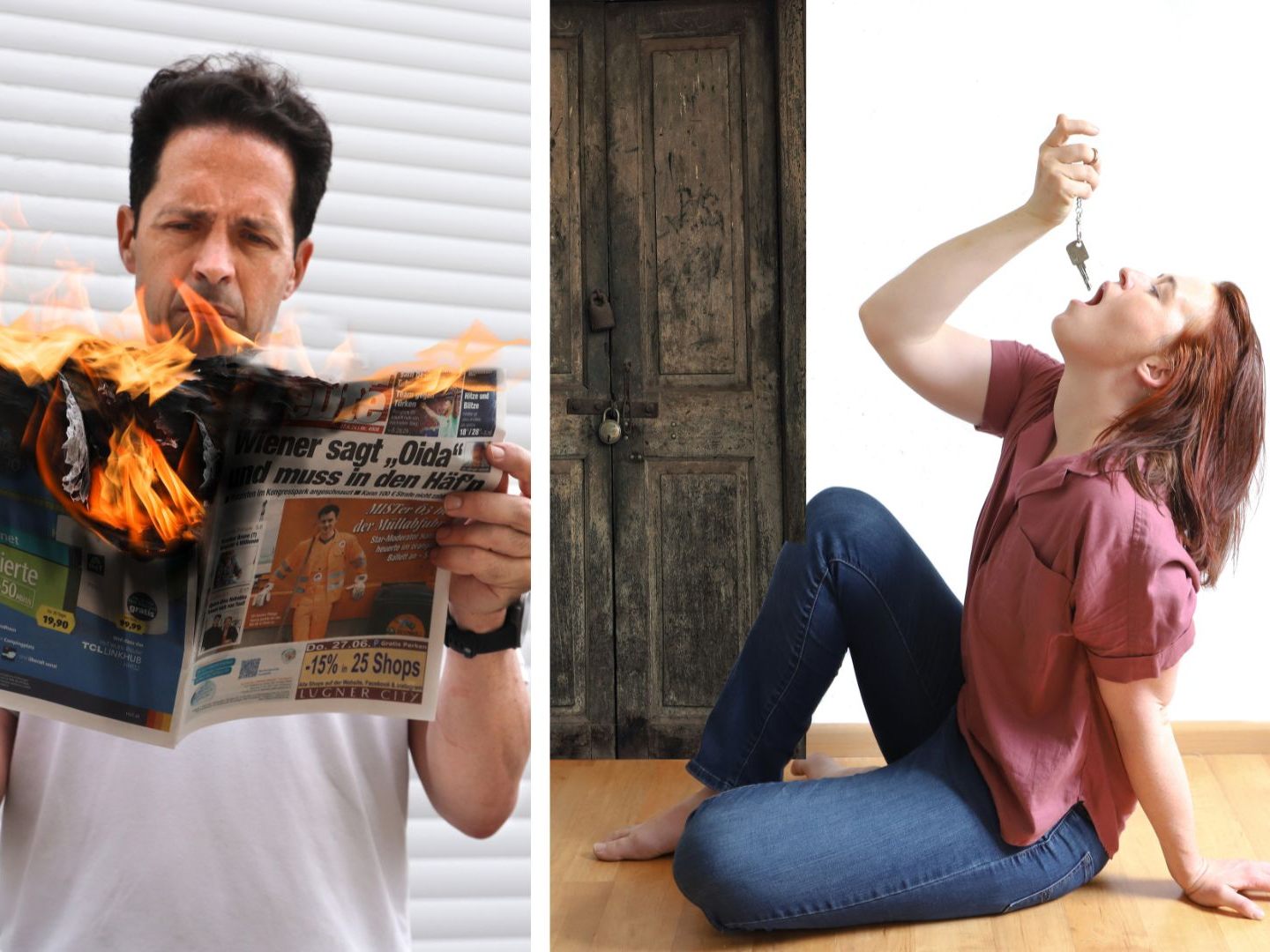"Thin Thick Skin": Vienna's First Photo Exhibition on High Sensitivity

The photo exhibition on high sensitivity deals with the intense sensations and the accompanying difficulties of highly sensitive people. Garam Sajdak collaborated with eight people who were strangers to her before. Among the images, which metaphorically depict the hurdles in everyday life that other people experience less or not at all, there is also a personal statement from the person portrayed. The images can be seen at the "Go West" hotel in Vienna-Rudolfsheim-Fünfhaus.
What should you know about high sensitivity?
Highly sensitive people perceive their environment, feelings, and thoughts on a deeper spectrum and therefore need more time to process information – this processing takes a lot of energy, and as a result, they need more breaks than other people to cope with the flood of stimuli. The intense experience of their inner and outer world creates unique hurdles in everyday life for highly sensitive people, which other people experience less or not at all.
In addition, in our hectic, success-oriented, and stressed society, there is often no room for the deep feelings and thoughts of highly sensitive people, which can have an isolating effect on them.
Due to this feeling of not being seen and heard with their perception, it is more difficult for highly sensitive people to appreciate their positive qualities and to love themselves. Highly sensitive people are, for example, excellent problem solvers and empathetic listeners – they are also creative, profound, diligent, harmony-loving, caring, and very capable of learning.
"Thin Thick Skin" photo exhibition as a safe space for highly sensitive people in Vienna
This exhibition is intended to be a safe space for all highly sensitive people who cannot be who they really are outside of these four walls. Here we can all feel, think, and perceive without limits.
"We declare war on 'Don't be so sensitive'. We, with the thick thin skin," is the motto of the photo exhibition.
(Ed./JELU)
This article has been automatically translated, read the original article here.





